I'll send the map tomorrow. Also you forgot to answer my question on whether Goodyear dies a hilarious and cartoonishly over the top death like Goodyear did?
You'll have to wait and see how. I promise it'll be good.
I'll send the map tomorrow. Also you forgot to answer my question on whether Goodyear dies a hilarious and cartoonishly over the top death like Goodyear did?
Of course he did! Look at Nappy's writing!
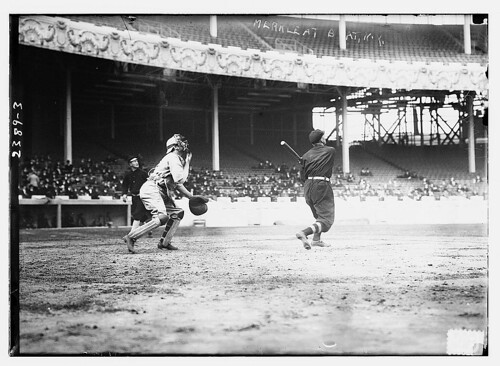
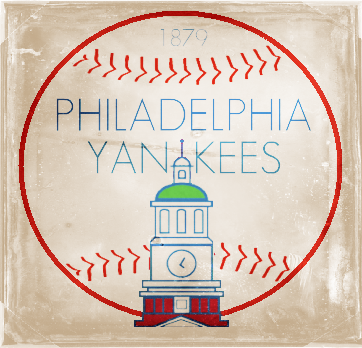
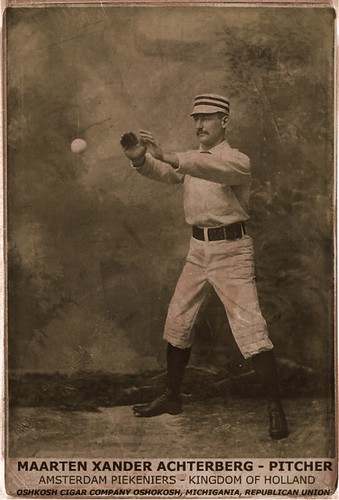
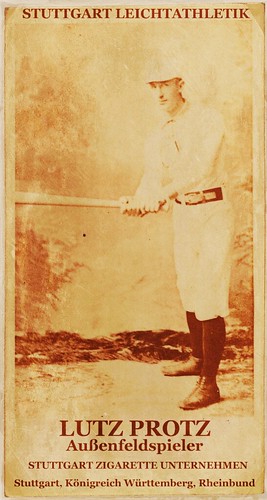
The Yankees are going to suffer, aren't they? Besides just Worthington, I mean.
Oh, yeah, expect to see more after-effects years into the future. A bunch of the players will probably have hits put on them. They'll have to restructure the whole team.
Anyone else? I thought this chapter would go over pretty well. I just corrected a couple typos, too.
Well, anyway, next chapter is Custer dying and Steele becoming First Chief Consul.Anyone have any suggestions or ideas who should be Second Chief Consul? It needs to be someone old enough to be Second Chief Consul in the mid-1920s.
I myself enjoyed the chapter allot as always.I thought it was especially cool how you had baseball develop in this world, and the alternate team names were cool as well. It was also interesting who you had your WMIT related video tied into this. I watched that very video for the first time a few months back and it instantly got "Give me that Old Time Religion" stuck in my head.
I also had got "Bringing in the Sheaves" stuck in my head as well from your other excellent vid.
I think Teddy Roosevelt should be Second Consul. Evil as he is, he's still a badass none the less.Speaking of which wasn't William Jennings Bryan the previous Second Counsel? Whatever happens to him after so many years in Custer's shadow?
Oh and when you bring back AKII, please have TR be in it. All of Rooster's previous arguments have now been rendered moot since he's been ITTL.Yes he has Georgian ancestry, but if he can get around it IITL, I see no reason why we can't get around it in AKII. Heck, he got around it in Timeline-191. Having southern ancestry didn't stop him from gaining the highest office in a USA where the south is its mrotal enemy, and then TR went on to kick the CSA's butt in the Great War to make up for it.

In that case you could have Warren G. Harding as Second Chief Counsel. He'd only be in his early 60's.
Can you also give Calvin Coolidge his own radio show? Or make him a silent film star.Excellent suggestion! I can't believe I didn't consider that. It's his long-awaited reward for being a loyal party member since the 1890s.
Can you also give Calvin Coolidge his own radio show? Or make him a silent film star.

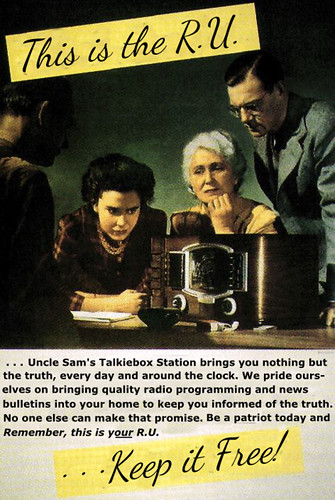

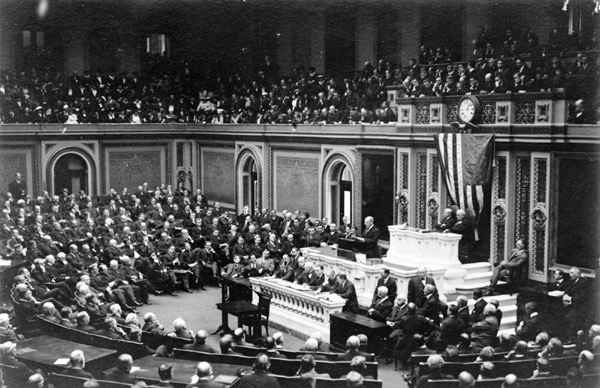


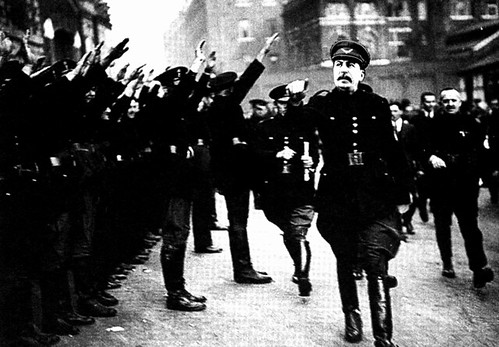
Can we have Taft as a sumo wrestler then?Movies have had sound since the 1910s ITTL. Coolidge's already been in this TL as an officer during the Missionary War. I'm almost done with the Custer Dies chapter, and I wrote he succeeds Roosevelt as "Headmaster-Marshal Coolidge" of the Custer Youth Brigade.
Never mind, then.Another great update. Custer's death, while not as hilariously cartoonish as Goodyear's death, was still worthwhile and deserving of such an evil (at least IITL) figure.I actually think id be kinda hard to top Goodyear's death in terms of sheer cartoonish over the top-ness.
Interesting how the succession worked out. While evil TR was only Counsel for a month, at least be became Consul anyway (I just wanted to see that happen, because, well it's Teddy freaking Roosevelt).
Since we have Joe Steele as First Chief Counsel by 1929, I wonder who he'll gain power by then. Maybe Bryan dies or something. But then there's Harding, so then they both die maybe?
Also Superman, Joe Steele's real name was mentioned as being Matthew Custer in the "March 5, 1890" chapter, but in every chapter with him after that his real name has been Michael Custer. I personally prefer Michael as his real fist name, mostly cause I'm just more used to it since its been used more I guess.
At least the RU seems to at least be wanting to maintain some semblance of democracy. It's like a worse OTL China. Nice update, but its a shame to see good old Teddy Roosevelt die in such an uninteresting way, even if he is evil. Just one correction, though. You accidentally wrote that Joe Steele's real name as Michael Custer instead of Matthew, if I remember correctly. If not, disregard this and carry on.
Another great update. Custer's death, while not as hilariously cartoonish as Goodyear's death, was still worthwhile and deserving of such an evil (at least IITL) figure.I actually think id be kinda hard to top Goodyear's death in terms of sheer
Since we have Joe Steele as First Chief Counsel by 1929, I wonder who he'll gain power by then. Maybe Bryan dies or something. But then there's Harding, so then they both die maybe?
I creating two new wiki pages.Are they satisfactory Napo? I admit they are a bit in a rough draft mode at the moment.
http://what-madness-is-this.wikia.com/wiki/George_Armstrong_Custer
http://what-madness-is-this.wikia.com/wiki/Willard_Crawford